- Browse
- Data Structures And Algorithms
Data Structures And Algorithms Courses
Data Structures and Algorithms courses can help you learn about arrays, linked lists, trees, and graph structures, along with sorting and searching algorithms. You can build skills in problem-solving, optimizing code efficiency, and analyzing algorithm complexity. Many courses introduce tools like Python, Java, or C++ for implementing these concepts, as well as platforms for coding challenges that reinforce your understanding through practical application.
Popular Data Structures And Algorithms Courses and Certifications
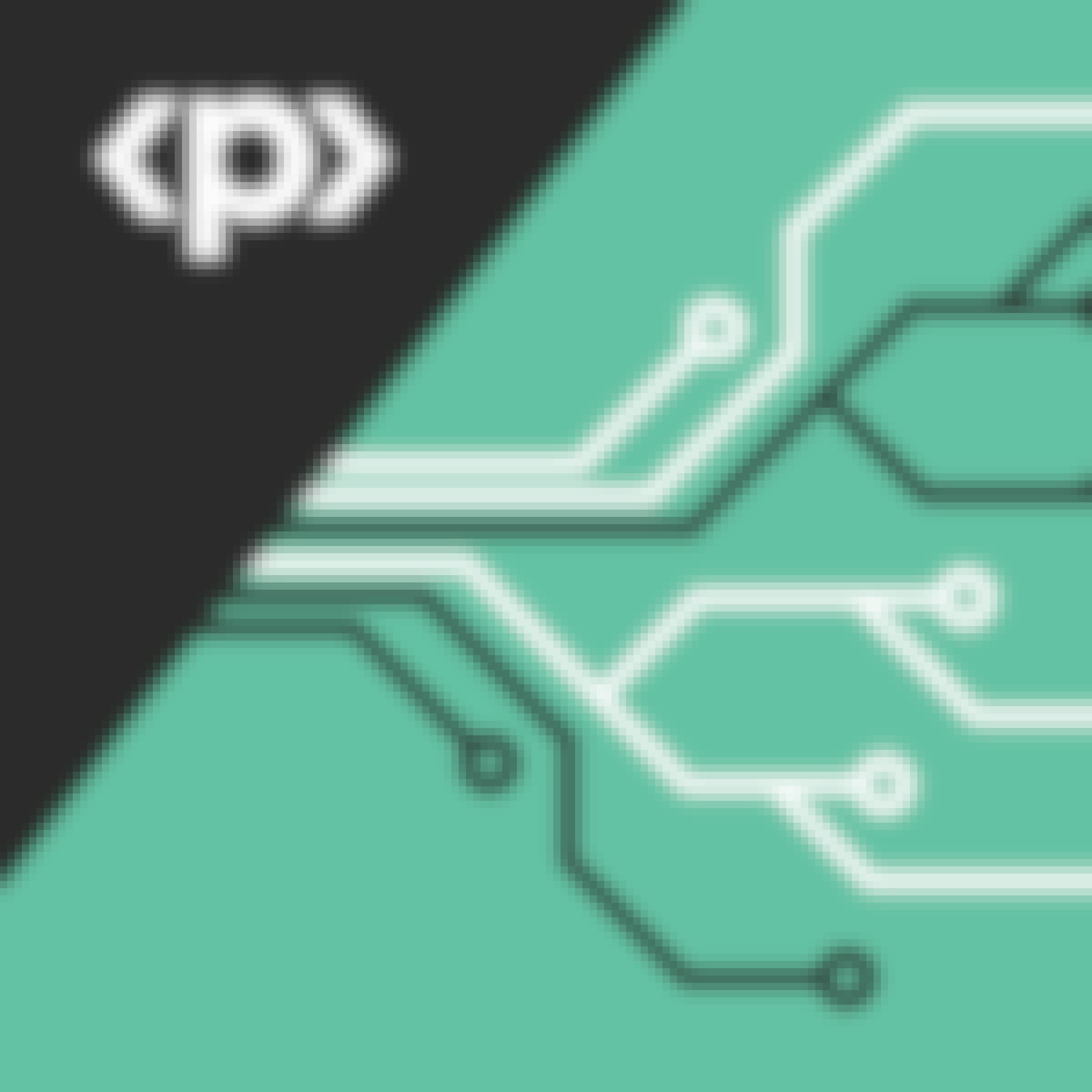 Status: Free TrialFree Trial
Status: Free TrialFree TrialSkills you'll gain: Data Structures, Algorithms, Computer Programming, Computational Thinking, Theoretical Computer Science, Performance Tuning
4.5·Rating, 4.5 out of 5 stars6 reviewsIntermediate · Course · 1 - 3 Months
 Status: NewNewStatus: Free TrialFree TrialG
Status: NewNewStatus: Free TrialFree TrialGGoogle
Skills you'll gain: Data Wrangling, Data Import/Export
Intermediate · Course · 1 - 3 Months
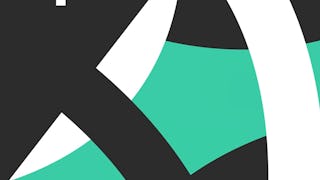 Status: NewNewStatus: Free TrialFree Trial
Status: NewNewStatus: Free TrialFree TrialSkills you'll gain: Algorithms, Pseudocode, Javascript, Data Structures, Computational Thinking, Performance Tuning, Computer Programming, Solution Design, Object Oriented Programming (OOP), Debugging
Intermediate · Course · 1 - 4 Weeks
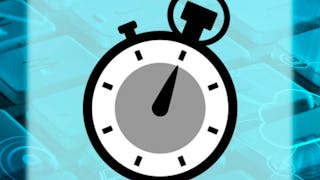 Status: Free TrialFree TrialU
Status: Free TrialFree TrialUUniversity of California San Diego
Skills you'll gain: Unit Testing, Data Structures, Java, JUnit, Performance Tuning, Debugging, Algorithms, Object Oriented Programming (OOP), Theoretical Computer Science, Unstructured Data
4.8·Rating, 4.8 out of 5 stars2.2K reviewsIntermediate · Course · 1 - 3 Months
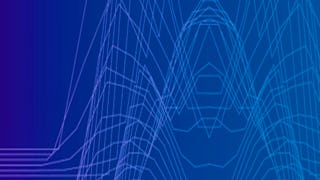 Status: FreeFreeP
Status: FreeFreePPrinceton University
Skills you'll gain: Combinatorics, Algorithms, Theoretical Computer Science, Mathematical Theory & Analysis, Graph Theory, Data Structures, Advanced Mathematics, Mathematical Modeling, Probability
4.4·Rating, 4.4 out of 5 stars1K reviewsAdvanced · Course · 1 - 3 Months
 Status: Free TrialFree TrialU
Status: Free TrialFree TrialUUniversity of Illinois Urbana-Champaign
Skills you'll gain: C++ (Programming Language), Object Oriented Programming (OOP), Object Oriented Design, Development Environment, Engineering Software, Computer Programming, Data Structures, Debugging, Program Development
4.7·Rating, 4.7 out of 5 stars3K reviewsIntermediate · Course · 1 - 4 Weeks
 Status: Free TrialFree TrialU
Status: Free TrialFree TrialUUniversity of Colorado Boulder
Skills you'll gain: Data Structures, Algorithms, Theoretical Computer Science, Programming Principles, Pseudocode, Computational Thinking, Analysis, Python Programming
Build toward a degree
4.7·Rating, 4.7 out of 5 stars525 reviewsIntermediate · Course · 1 - 4 Weeks
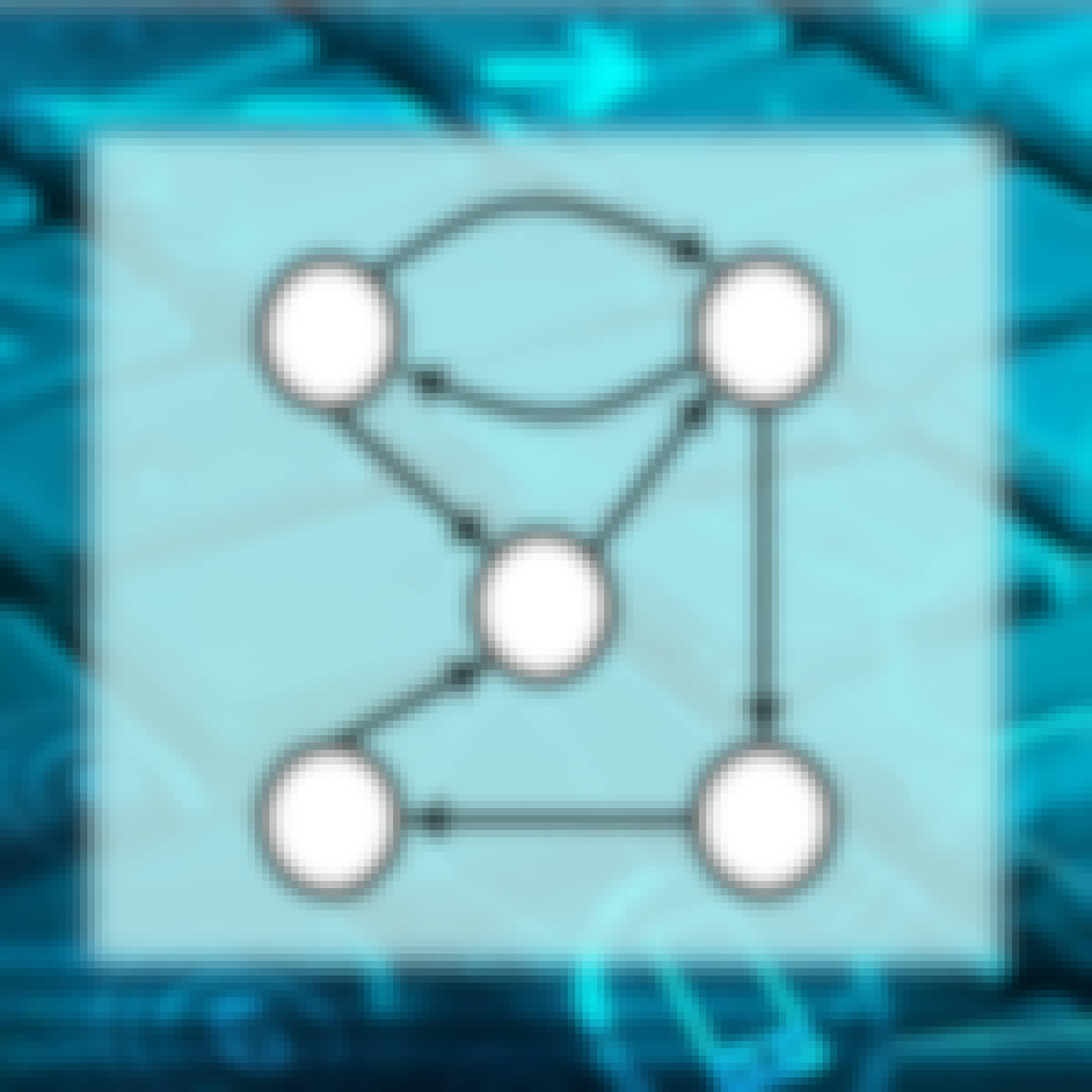 Status: Free TrialFree TrialU
Status: Free TrialFree TrialUUniversity of California San Diego
Skills you'll gain: Graph Theory, Data Structures, Java Programming, Java, Object Oriented Design, Software Design, Algorithms, Theoretical Computer Science, Maintainability, Object Oriented Programming (OOP), Network Routing, Computational Thinking, Application Development
4.8·Rating, 4.8 out of 5 stars1.2K reviewsIntermediate · Course · 1 - 3 Months
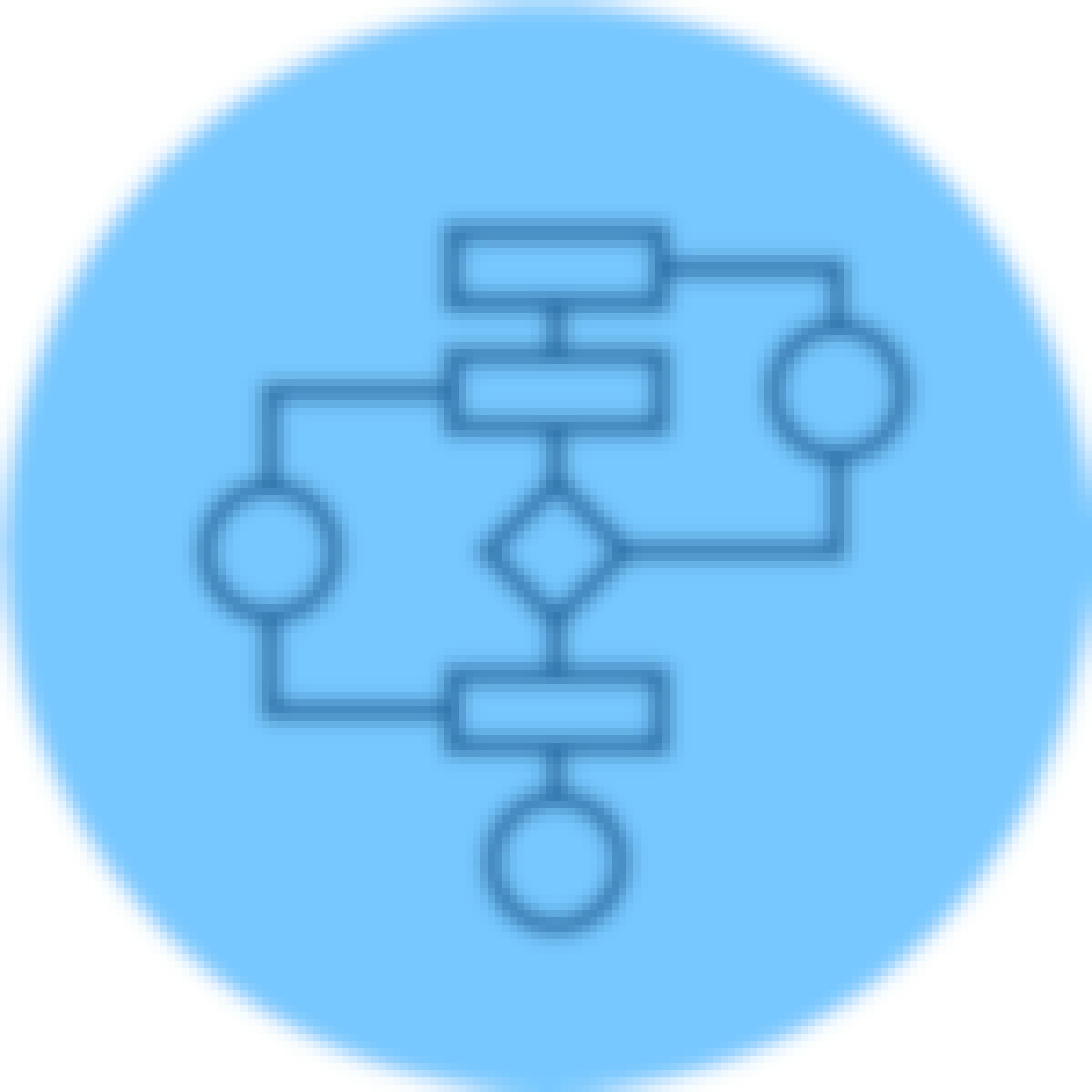 Status: Free TrialFree TrialC
Status: Free TrialFree TrialCCodio
Skills you'll gain: Algorithms, C++ (Programming Language), Data Structures, Computer Programming, Computational Thinking, Technical Design
4.5·Rating, 4.5 out of 5 stars10 reviewsIntermediate · Course · 1 - 4 Weeks
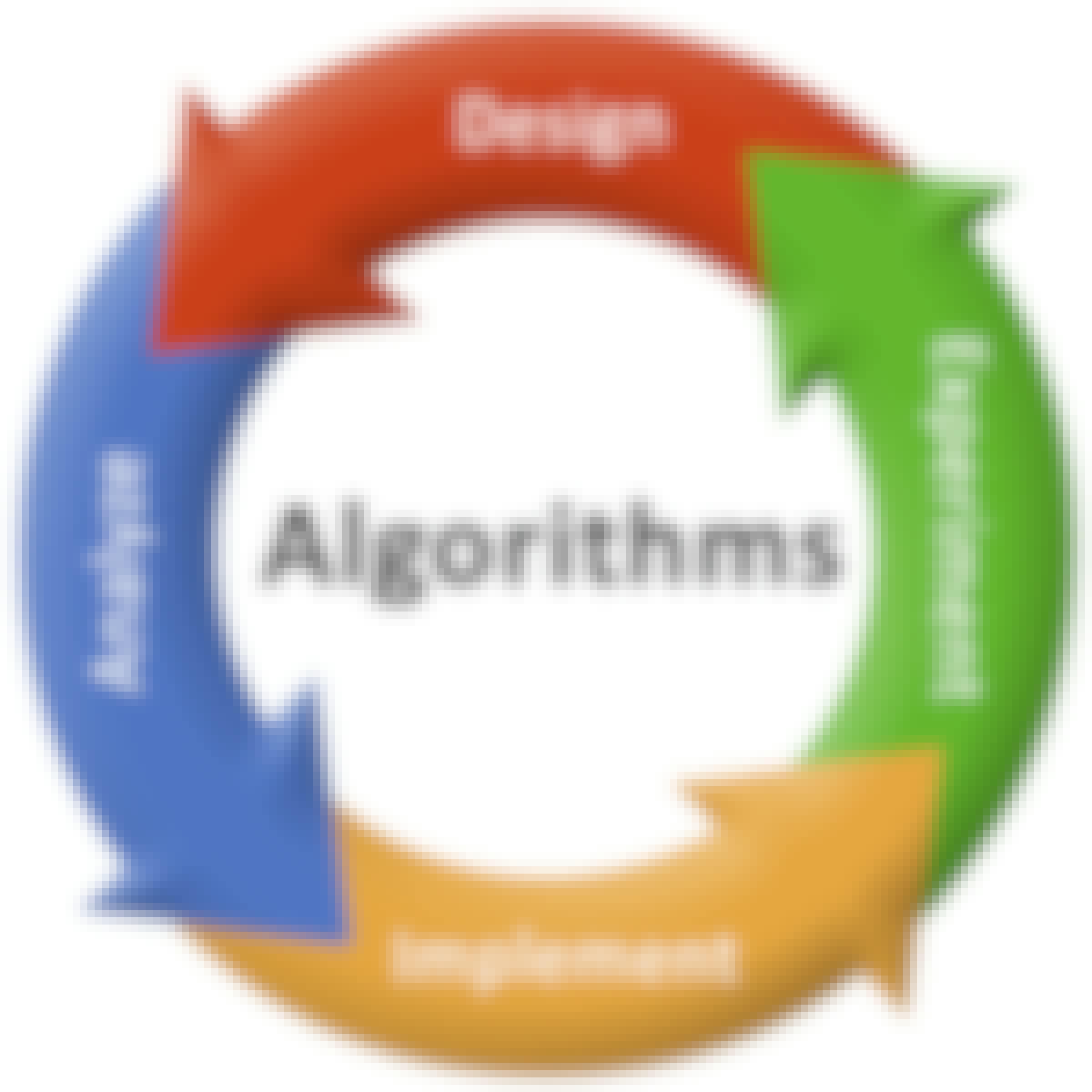 Status: Free TrialFree TrialS
Status: Free TrialFree TrialSStanford University
Skills you'll gain: Data Structures, Graph Theory, Algorithms, Network Model, Programming Principles, Social Network Analysis, Network Analysis, Theoretical Computer Science, Network Routing, Computational Logic
4.8·Rating, 4.8 out of 5 stars2K reviewsIntermediate · Course · 1 - 4 Weeks
 Status: Free TrialFree TrialD
Status: Free TrialFree TrialDDuke University
Skills you'll gain: File I/O, Java Programming, Object Oriented Programming (OOP), Data Structures, Java, Cryptography, Software Engineering, Computer Programming, Algorithms, Encryption, Web Servers
4.6·Rating, 4.6 out of 5 stars3.2K reviewsBeginner · Course · 1 - 3 Months
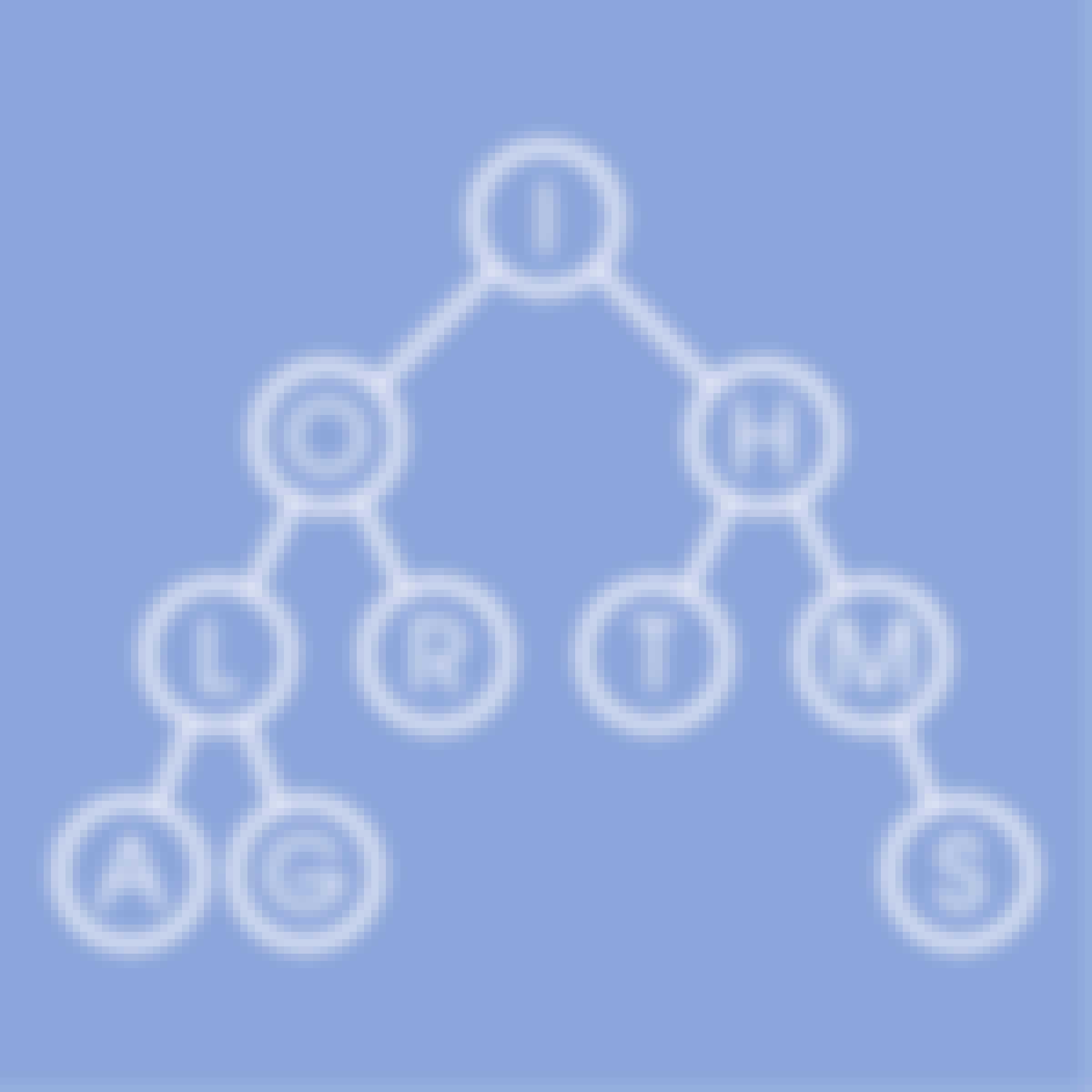 Status: Free TrialFree TrialU
Status: Free TrialFree TrialUUniversity of California San Diego
Skills you'll gain: Graph Theory, Algorithms, Network Routing, Programming Principles, Social Network Analysis, Data Structures, Network Analysis, Network Model
4.7·Rating, 4.7 out of 5 stars2.3K reviewsIntermediate · Course · 1 - 3 Months
In summary, here are 10 of our most popular data structures and algorithms courses
- Advanced Data Structures and Algorithms: Packt
- Data Structures in Python: Google
- Algorithms and Problem-Solving in JavaScript: Packt
- Data Structures and Performance: University of California San Diego
- Analysis of Algorithms: Princeton University
- Object-Oriented Data Structures in C++: University of Illinois Urbana-Champaign
- Algorithms for Searching, Sorting, and Indexing: University of Colorado Boulder
- Advanced Data Structures in Java: University of California San Diego
- C++: Algorithms: Codio
- Graph Search, Shortest Paths, and Data Structures: Stanford University










